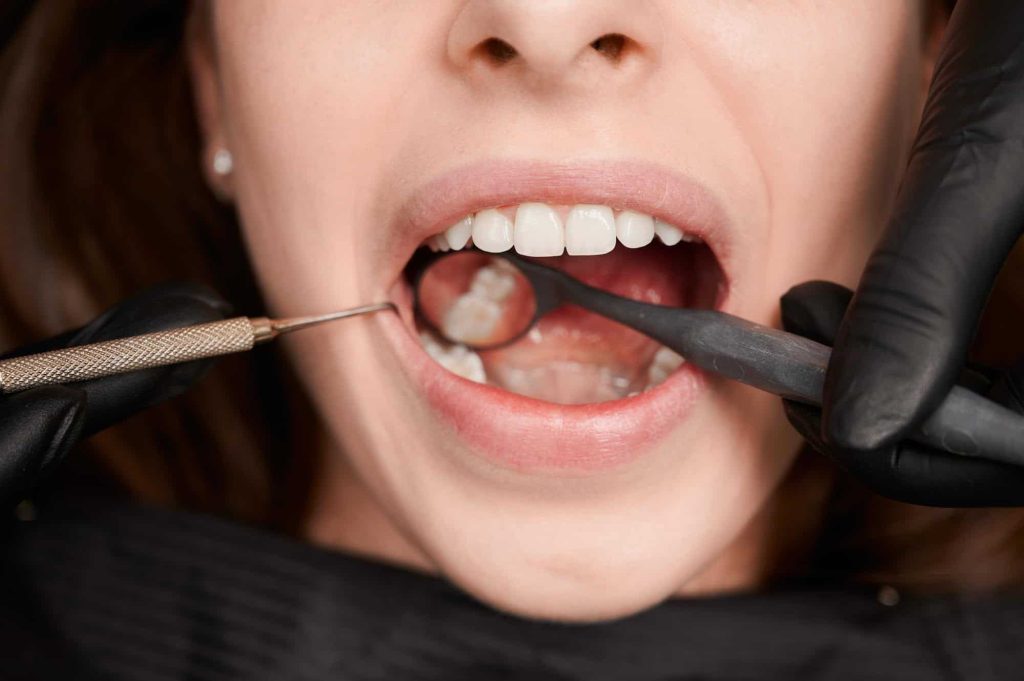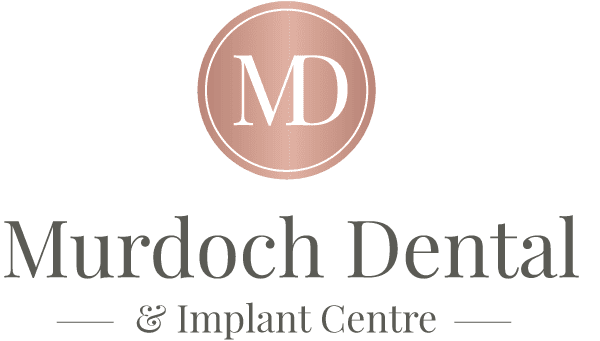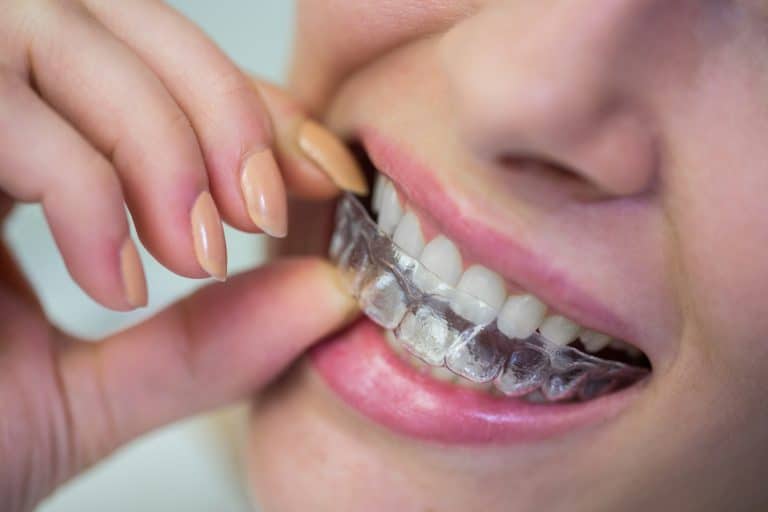Cavities, also known as tooth decay, are one of the most common dental problems worldwide. They can affect anyone with teeth, from young children to older adults. Cavities occur when the enamel, the hard outer layer of the tooth, is damaged due to acids produced by bacteria in the mouth. If left untreated, cavities can lead to severe dental issues, including tooth loss. This comprehensive guide will provide you with all the essential information about cavities and how to prevent them effectively.
Table of Contents
What Are Cavities?
Cavities are permanently damaged areas in the hard surface of your teeth that develop into tiny openings or holes. They are caused by a combination of factors, including bacteria in the mouth, frequent snacking, sipping sugary drinks, and not cleaning your teeth well. Over time, the bacteria in your mouth produce acids that wear down tooth enamel, leading to decay.

The Process of Cavity Formation
Understanding how cavities form can help you take proactive steps to prevent them. Here’s a simplified breakdown of the process:- Plaque Formation: Plaque is a sticky film of bacteria that forms on your teeth. When you consume sugary or starchy foods, bacteria in plaque produce acids that can attack tooth enamel.
- Enamel Erosion: The acids produced by plaque bacteria start to erode the tooth enamel. Over time, repeated acid attacks cause the enamel to break down, leading to the formation of tiny holes or cavities.
- Decay Progression: If left untreated, the decay can progress beyond the enamel to the dentin, the softer layer of the tooth beneath the enamel. Eventually, the decay can reach the pulp, which contains nerves and blood vessels, causing pain and potentially leading to infection or abscess.
Signs and Symptoms of Cavities
Cavities can vary in severity, and the symptoms may not be noticeable in the early stages. Here are common signs and symptoms to watch for:
- Toothache or spontaneous pain
- Sensitivity to hot, cold, or sweet foods and drinks
- Visible holes or pits in your teeth
- Brown, black, or white staining on the surface of a tooth
- Pain when you bite down
Treatment Options for Cavities
Professional Dental Treatments
Dental Fillings
When a cavity is identified, a common treatment is a dental filling. The process involves removing the decayed portion of the tooth and filling the cavity with materials like composite resin, amalgam, or gold. This helps restore the tooth’s normal function and shape.
Pro Tip: Composite resin fillings are tooth-coloured and blend seamlessly with natural teeth, making them a popular choice for visible areas.
Crowns
For more extensive decay that weakens the tooth, a crown may be necessary. A crown is a custom-made cap that covers the entire tooth, restoring its strength, shape, and appearance. Crowns can be made from various materials, including porcelain, metal, or a combination of both.
Pro Tip: Porcelain crowns are highly aesthetic and match the colour of natural teeth, making them ideal for front teeth.
Root Canals
If the decay reaches the pulp of the tooth, causing infection or abscess, a root canal treatment may be required. This procedure involves removing the infected pulp, cleaning the root canals, and sealing them. After a root canal, a crown is often placed to protect the tooth.
Pro Tip: Root canal treatments are usually painless due to modern anesthetics and techniques. They help save natural teeth that would otherwise need to be extracted.
Tooth Extractions
In cases where the tooth is severely damaged and cannot be saved, extraction may be necessary. This involves removing the entire tooth. After extraction, options like dental implants, bridges, or dentures can replace the missing tooth.
Pro Tip: Replacing a missing tooth promptly helps prevent shifting of adjacent teeth and maintains proper bite and function.
At-Home Treatments
Fluoride Treatments
Fluoride can help reverse early stages of tooth decay. Over-the-counter fluoride products, such as gels, rinses, and toothpaste, can be used at home to strengthen enamel and prevent cavities.
Pro Tip: Use fluoride treatments consistently as part of your daily oral hygiene routine for the best results.
Temporary Fillings
Temporary fillings can be used to relieve pain and protect the tooth until you can see a dentist. These are available over the counter and can be applied at home. However, they are not a permanent solution and should be followed up with professional dental care.
Pro Tip: Temporary fillings are useful in emergencies but schedule a dental appointment as soon as possible for a permanent solution.
Preventive Measures After Treatment
Regular Dental Visits
Continue visiting your dentist regularly for check-ups and cleanings. Professional cleanings remove plaque and tartar that regular brushing and flossing may miss, reducing the risk of future cavities.
Pro Tip: Schedule dental visits every six months or as recommended by your dentist to maintain optimal oral health.
Improved Oral Hygiene
Maintain a diligent oral hygiene routine, including brushing, flossing, and using mouthwash. Consider using an electric toothbrush for more effective cleaning.
Pro Tip: Replace your toothbrush or electric toothbrush head every three to four months to ensure it remains effective.

10 Essential Tips to Prevent Cavities
1. Brush Your Teeth Regularly
Brushing your teeth with fluoride toothpaste at least twice a day is crucial. Use a soft-bristled toothbrush and replace it every three to four months. Make sure you brush for at least two minutes, covering all surfaces of your teeth. Pro Tip: Don’t forget to brush your tongue, as it can harbour bacteria that contribute to bad breath and plaque buildup.2. Floss Daily
Flossing removes food particles and plaque from between your teeth and under the gumline, where a toothbrush can’t reach. Floss at least once a day to prevent the buildup of plaque and reduce the risk of cavities and gum disease. Pro Tip: If you find traditional floss challenging to use, consider using floss picks or interdental brushes.3. Limit Sugary and Starchy Foods
Sugary and starchy foods are the primary culprits in cavity formation. Bacteria in your mouth feed on sugars and produce acids that attack tooth enamel. Limit your intake of sugary snacks, sugary drinks, and desserts. Opt for healthier snacks like fruits, vegetables, and nuts. Pro Tip: When you do indulge in sugary treats, try to have them with a meal rather than as a standalone snack to minimise the exposure of your teeth to sugar.4. Drink Plenty of Water
Water helps wash away food particles and bacteria that can lead to cavities. Drinking water throughout the day, especially after meals, helps maintain a clean and hydrated mouth. Fluoridated water can also help strengthen tooth enamel and prevent decay. Pro Tip: Carry a water bottle with you to ensure you stay hydrated and rinse your mouth regularly.5. Use Fluoride Products
Fluoride is a mineral that helps strengthen tooth enamel and make it more resistant to acid attacks. For added protection, use fluoride toothpaste and consider a fluoride mouth rinse. Your dentist may also recommend fluoride treatments during your regular check-ups. Pro Tip: If your local water supply is not fluoridated, ask your dentist about fluoride supplements.6. Avoid Frequent Snacking and Sipping
Frequent snacking and sipping sugary drinks expose your teeth to a constant acid attack. Try to limit snacks between meals and avoid sipping on sugary beverages throughout the day. If you need a snack, choose tooth-friendly options like cheese, yogurt, or raw vegetables. Pro Tip: Rinse your mouth with water or chew sugar-free gum after snacking to help neutralise acids and stimulate saliva production.7. Chew Sugar-Free Gum
Chewing sugar-free gum after meals can help increase saliva flow, which helps neutralise acids, wash away food particles, and strengthen teeth. Look for gum that contains xylitol, a natural sweetener that can help reduce bacteria that cause cavities. Pro Tip: Chew sugar-free gum for about 20 minutes after meals for the best results.8. Get Regular Dental Check-Ups
Regular dental check-ups are crucial for maintaining good oral health and preventing cavities. Visit your dentist every six months for professional cleanings and exams. Your dentist can detect early signs of decay and provide treatments to prevent cavities from progressing. Pro Tip: Don’t skip dental appointments even if you don’t have any symptoms. Preventive care is crucial for avoiding dental problems.9. Consider Dental Sealants
Dental sealants are thin, protective coatings applied to the chewing surfaces of the back teeth (molars). Sealants can prevent food and bacteria from getting trapped in the grooves of the teeth, reducing the risk of cavities. They are especially beneficial for children and teenagers. Pro Tip: Ask your dentist if dental sealants are a good option for you or your children.10. Maintain a Balanced Diet
A balanced diet is essential for overall health, including oral health. Ensure you get enough vitamins and minerals, especially calcium and vitamin D, which are vital for strong teeth and bones. Incorporate a variety of fruits, vegetables, lean proteins, and whole grains into your diet. Pro Tip: Foods rich in calcium, like dairy products, leafy greens, and almonds, can help strengthen your teeth.
Conclusion
Preventing cavities involves a multifaceted approach that includes good oral hygiene, healthy eating habits, and regular dental care.
By understanding how cavities form and following these ten essential tips, you can significantly reduce your risk of developing tooth decay.
At Murdoch Dental & Implant Centre, Dr. Srikanth Aluru and our team are committed to helping you maintain optimal oral health. If you have any questions or need to schedule a check-up, contact us at (08) 9310 6018. Together, we can ensure your smile stays healthy and cavity-free.















